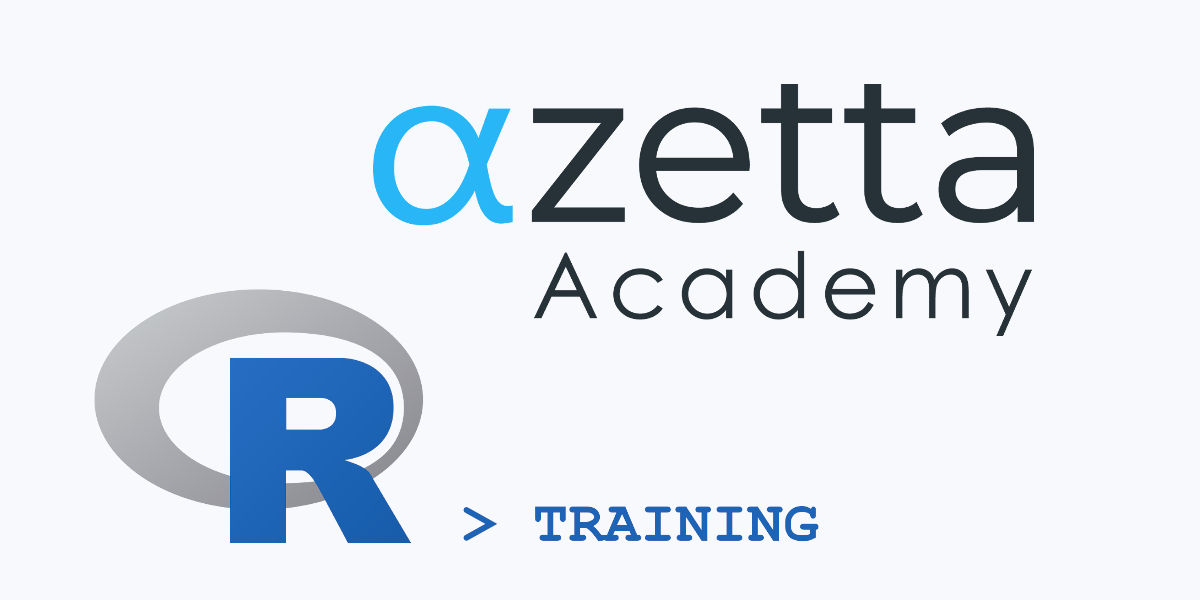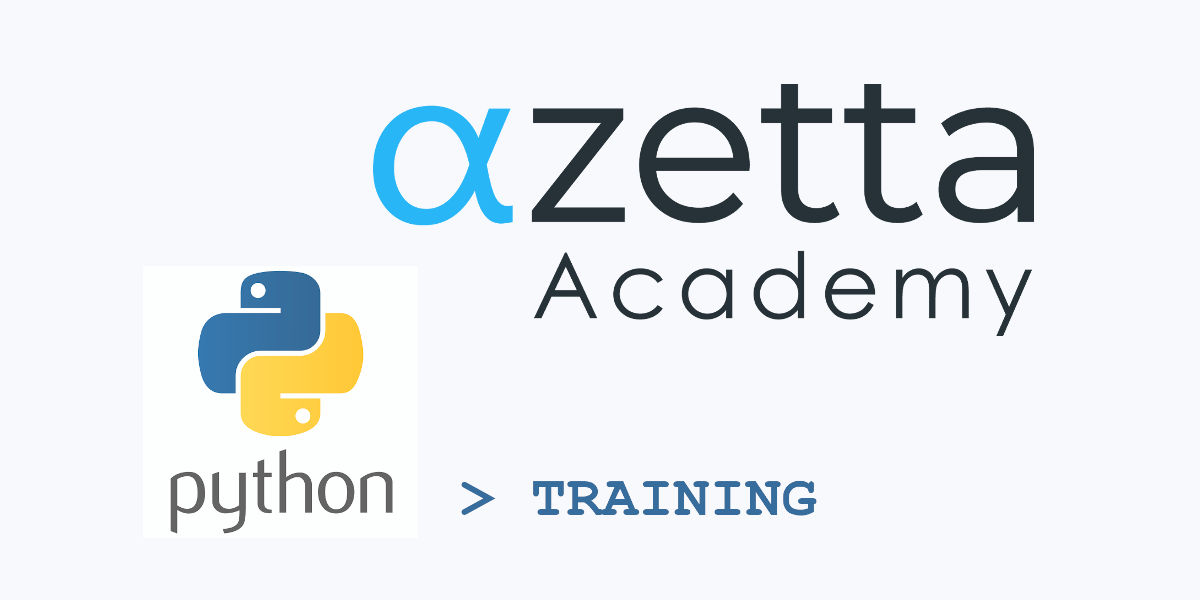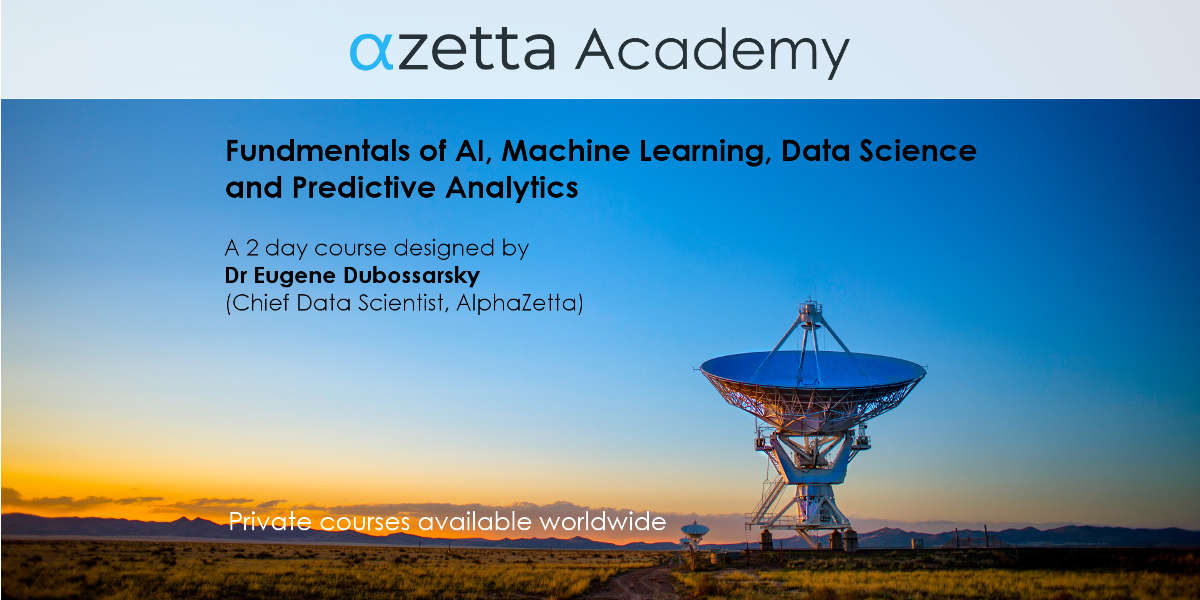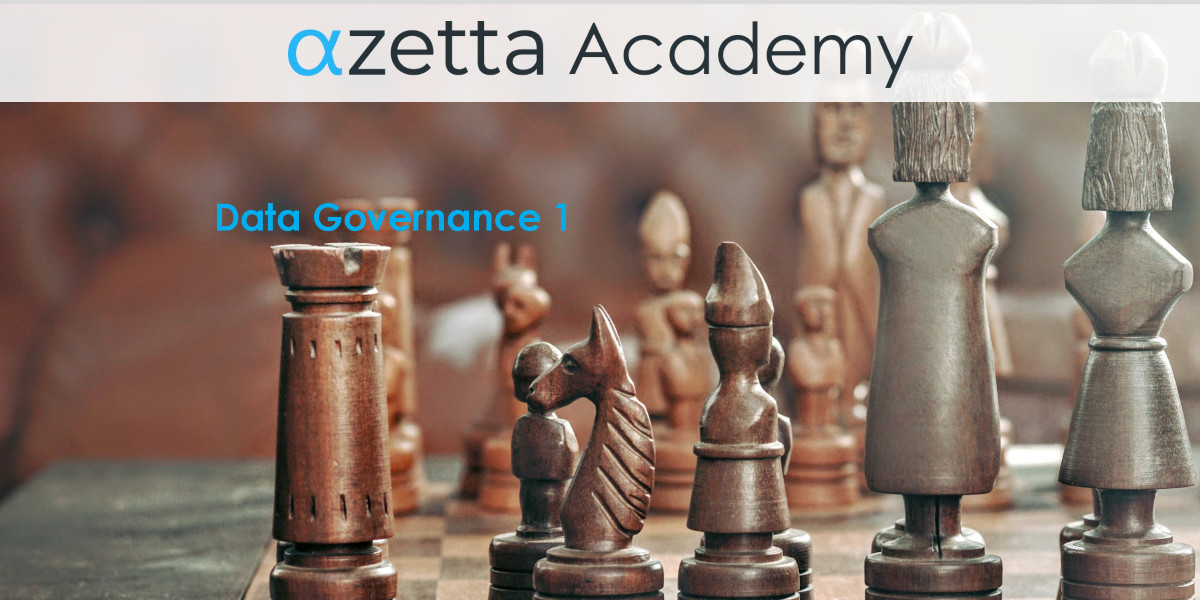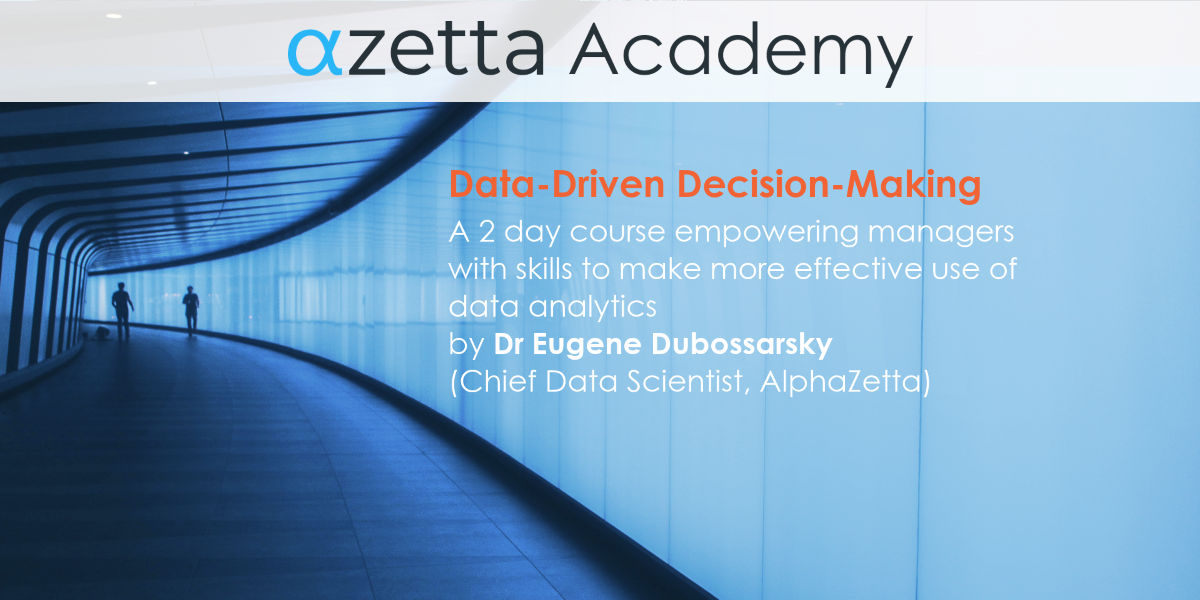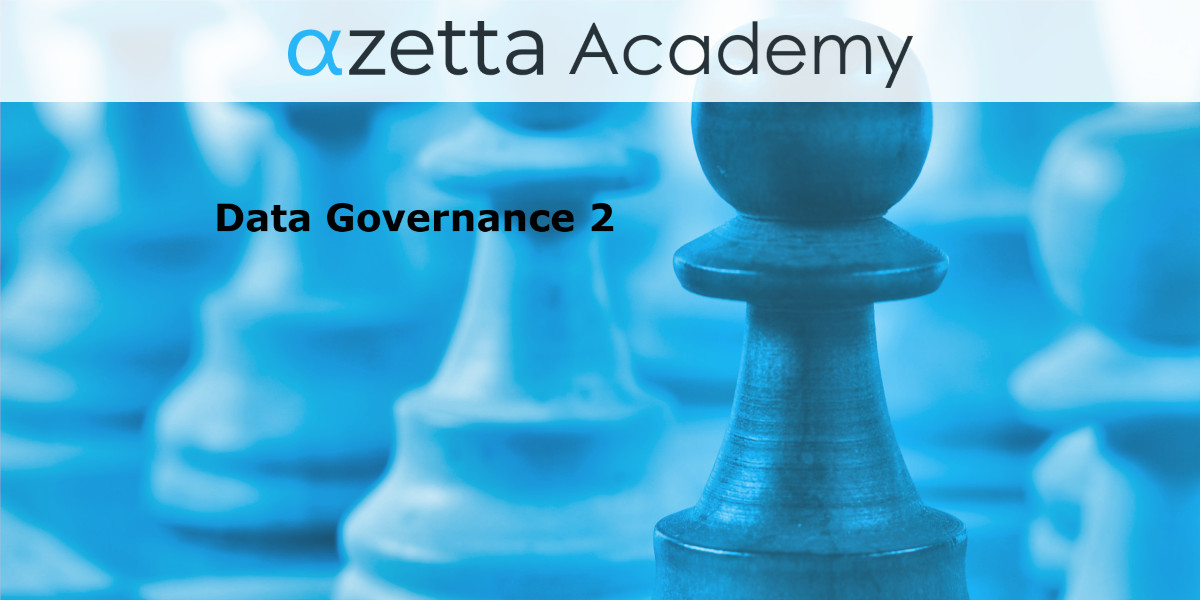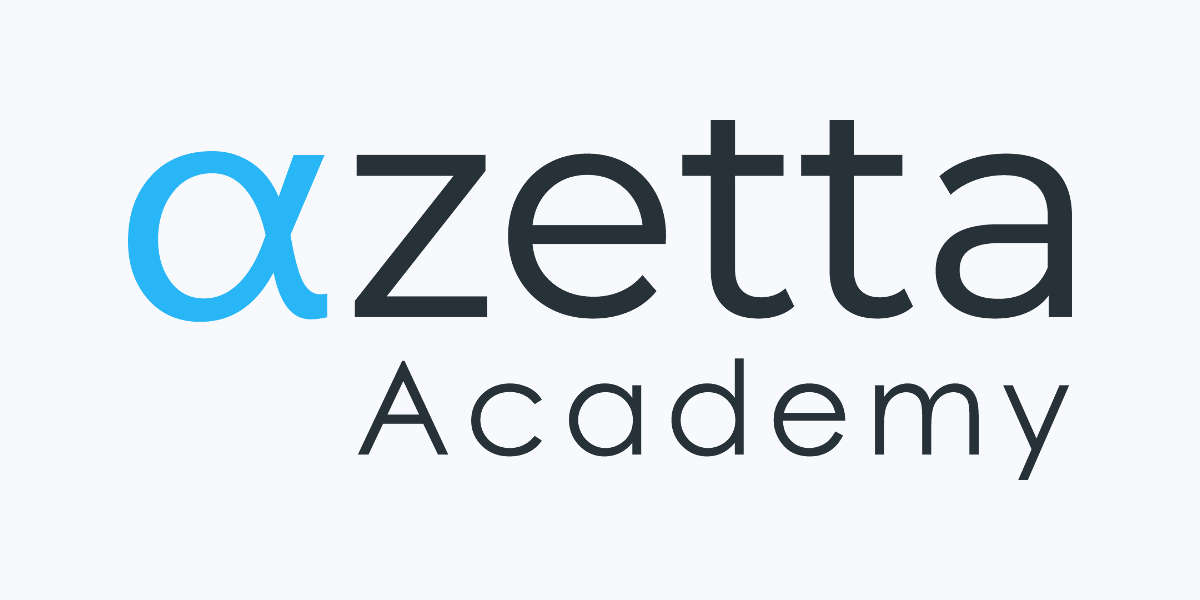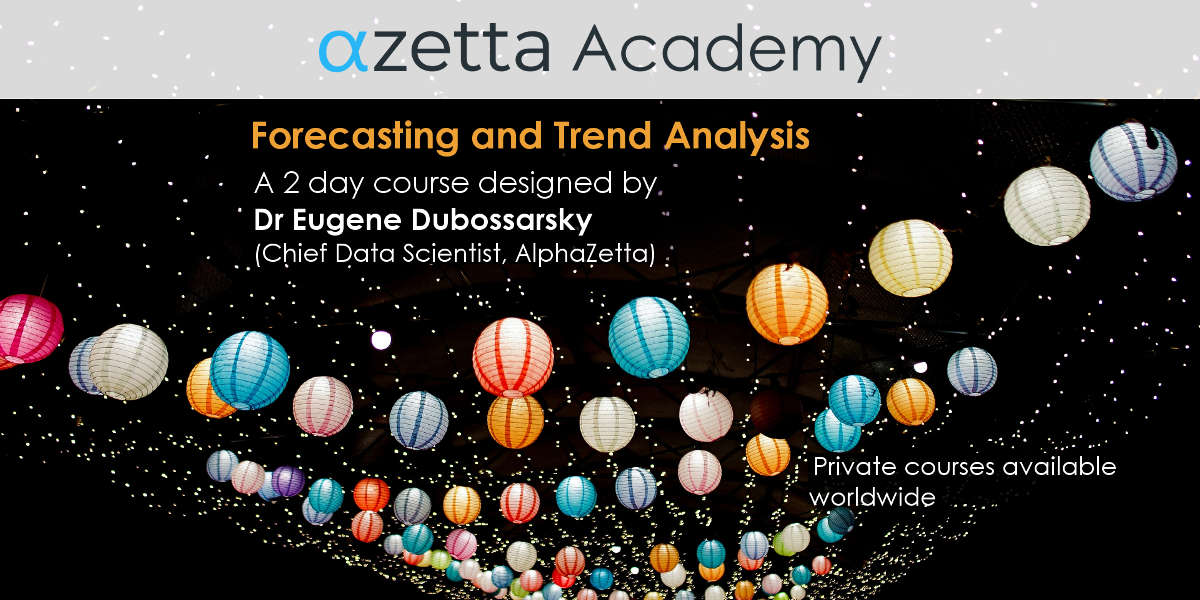A curriculum for those specialising in the automatic scaling and deployment of enterprise machine learning and artificial intelligence (AI).
Intro to R (+ data visualisation)
This R training course will introduce you to the R programming language, teaching you to create functions and customise code so you can manipulate data and begin to use R self-sufficiently in your work. R is the world’s most popular data mining and statistics package. It’s also free, and easy to use, with a range of intuitive graphical interfaces.

